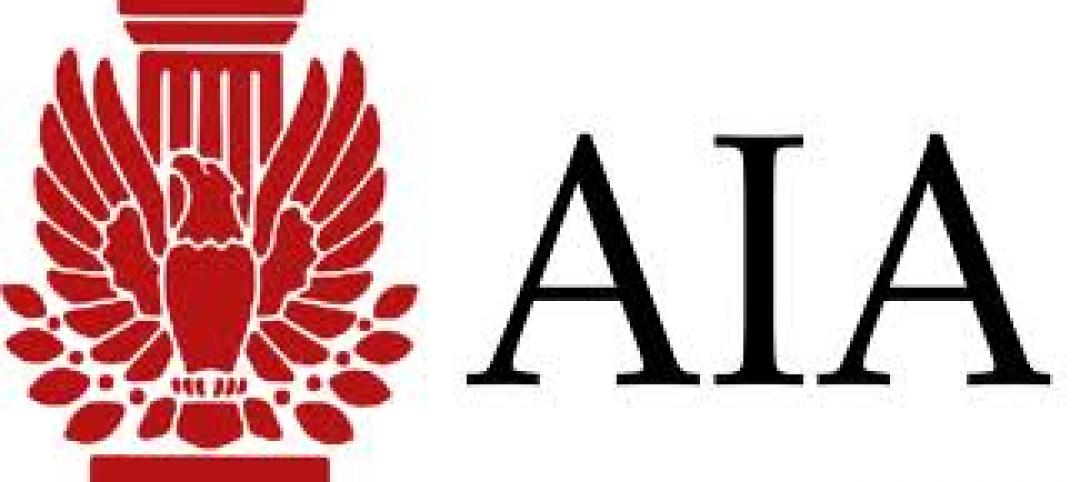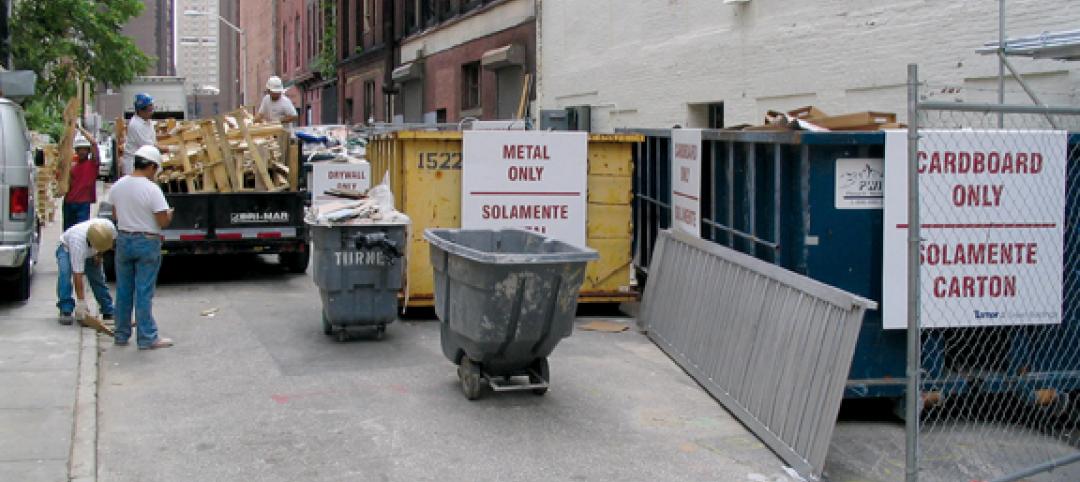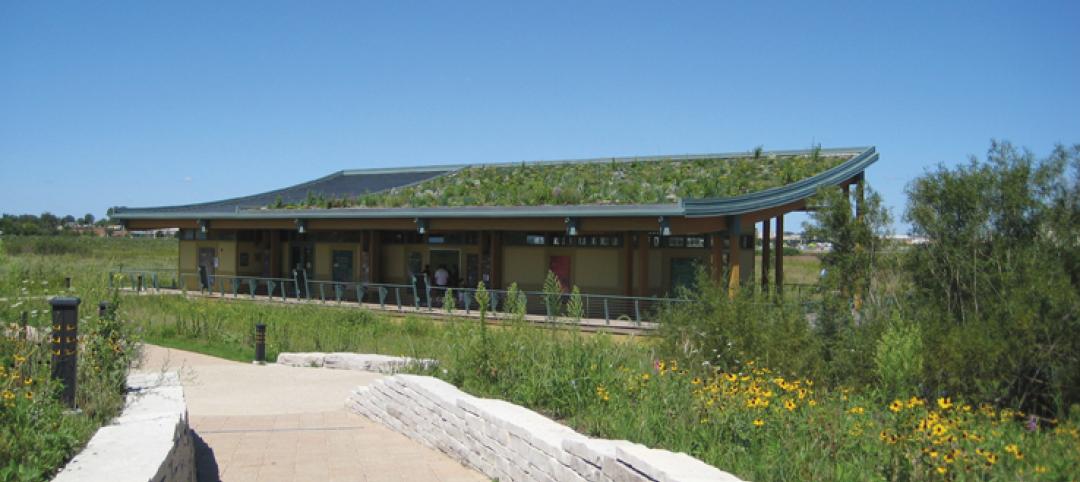Mayor Byron W. Brown announced during his 14th State of the City address that Buffalo will launch the largest Environmental Impact Bond (EIB) in the country at $30 million. The funds from this investment will allow the City of Buffalo and Buffalo Sewer Authority to capitalize on the Rain Check Buffalo program.
EIBs offer a novel approach to pay for high-impact projects based in part on the environmental, social, and/ or economic outcomes they generate. In this way, EIBs can help hedge the performance uncertainty that some developers new to green infrastructure may have, and capitalize on the multiple benefits of innovative projects like green infrastructure.
Buffalo will become the first city where an EIB is used to capitalize on a green infrastructure incentive program, in the form of the Rain Check 2.0 Grant Program, which targets the deployment of green infrastructure on private properties with large amounts of impervious surfaces. These private properties form a key component of the Buffalo Sewer Authority’s goal of using green infrastructure to manage over 500 acres of impervious surface area to help eliminate the effects of combined sewer overflows (CSOs) on Buffalo’s waterways. However, unlike projects on public property, incentives are required for private property owners to agree to install and maintain green.
“The City of Buffalo, will become the first in the nation to use an EIB to provide property owners the ability to fund green infrastructure projects and help to make our community more resilient to the impacts of climate change” said Mayor Byron W. Brown. “My administration does not view individual projects as activities in isolation, and instead views them as part of a network that functions as a system-wide improvement to our city’s water system.”
The City of Buffalo and the Buffalo Sewer Authority were selected as the winner of the Great Lakes Environmental Impact Bond Challenge through the P3GreatLakes Initiative by Quantified Ventures and Environmental Consulting & Technology, Inc. (ECT). Along with the support of the Ralph C. Wilson, Jr. Foundation and the Community Foundation of Greater Buffalo, the City of Buffalo has created a public- private, and philanthropic partnership to tackle our stormwater challenge, ensure that our city’s waterways, are protected, and guarantee a more resilient Buffalo.
In its work in Buffalo, Quantified Ventures will build on its previous successes structuring green infrastructure EIBs in cities like Washington, DC, which was also based around CSO issues and the cost-effectiveness of green vs. grey infrastructure to address them, and Atlanta, which was based around the local impacts of green infrastructure in mitigating flooding and providing access to greenspace and workforce development opportunities in underserved neighborhoods.
“Cities face massive stormwater challenges as they respond to a changing climate. Nature-based solutions reduce urban flooding risk and CSOs, and the EIB reduces Buffalo’s financial risk,” said Eric Letsinger, CEO, Quantified Ventures. “It’s a winning combination!"
Like DC and Atlanta, Buffalo will also seek to incorporate economic and community goals as part of the Rain Check 2.0 program, and the EIB used to capitalize it. “We want to see the city transformed at the end of this process, in terms of stormwater management, equity, and innovation,” said Oluwole McFoy, General Manager of the Buffalo Sewer Authority. “Our Rain Check 2.0 Opportunity Report along with this EIB allows us to invest in our neighborhoods, increase green jobs and economic prosperity for our residents while directly addressing climate change.”
“Our foundation is excited to support the implementation of the City of Buffalo’s Rain Check 2.0 program,” said Jim Boyle, Vice President of Programs and Communications for the Ralph C. Wilson Jr. Foundation. “These types of projects provide sustainable solutions that can reduce flooding, improve water quality and have a wide range of economic, environmental and public health benefits. Proactively incorporating these types of solutions in new developments, as well as the Ralph C. Wilson Jr. Centennial Park, highlight the City of Buffalo’s strategic approach to address some of the effects of climate change.”
“We deeply appreciate our project sponsors, namely the Ralph C. Wilson, Jr. Foundation, Community Foundation for Greater Buffalo, and of course, the Great Lakes Protection Fund, for their support. Their contribution will enable more than a hundred-fold investment in climate-resilient infrastructure in the region,” says Sanjiv Sinha, PhD., Water Resources National Director, Senior Vice President at ECT. “Buffalo joins a growing number of cities leveraging the EIB as a means to gain access to an emerging field of impact investors who seek not only financial returns, but also measurable environmental impact.”
Related Stories
| Oct 20, 2011
Stellar hires Navy veteran Taylor as vice president
Stellar’s federal experience includes military exchanges (large retail stores on military bases), lodging facilities for military personnel, fuel stations, youth activities centers and recreational centers.
| Oct 11, 2011
AIA introduces five new documents for use on sustainable projects
These new documents will be available in the first quarter of 2012 as part of the new AIA Contract Documents service and AIA Documents on Demand.
| Oct 7, 2011
GREENBUILD 2011: UL Environment releases industry-wide sustainability requirements for doors
ASSA ABLOY Trio-E door is the first to be certified to these sustainability requirements.
| Oct 7, 2011
GREENBUILD 2011: UL Environment clarifies emerging environmental product declaration field
White paper defines EPD, details development process, and identifies emerging trends for manufacturers, architects, designers, and buyers.
| Oct 5, 2011
GREENBUILD 2011: Roof hatch designed for energy efficiency
The cover features a specially designed EPDM finger-type gasket that ensures a positive seal with the curb to reduce air permeability and ensure energy performance.
| Sep 28, 2011
GBCI announces LEED fellow class of 2011
LEED Fellows represent green building industry's most accomplished professionals.
| Sep 14, 2011
Empire State Building achieves LEED Gold ?
The 2.85 million-sf building is celebrating its 80th anniversary while nearing completion of its renewal and repurposing to meet the needs of 21st Century businesses.
| Sep 12, 2011
Construction waste management
Best practices for an environmentally optimized job site.
| May 25, 2011
Low Impact Development: Managing Stormwater Runoff
Earn 1.0 AIA/CES HSW/SD learning units by studying this article and successfully passing the online exam.

















